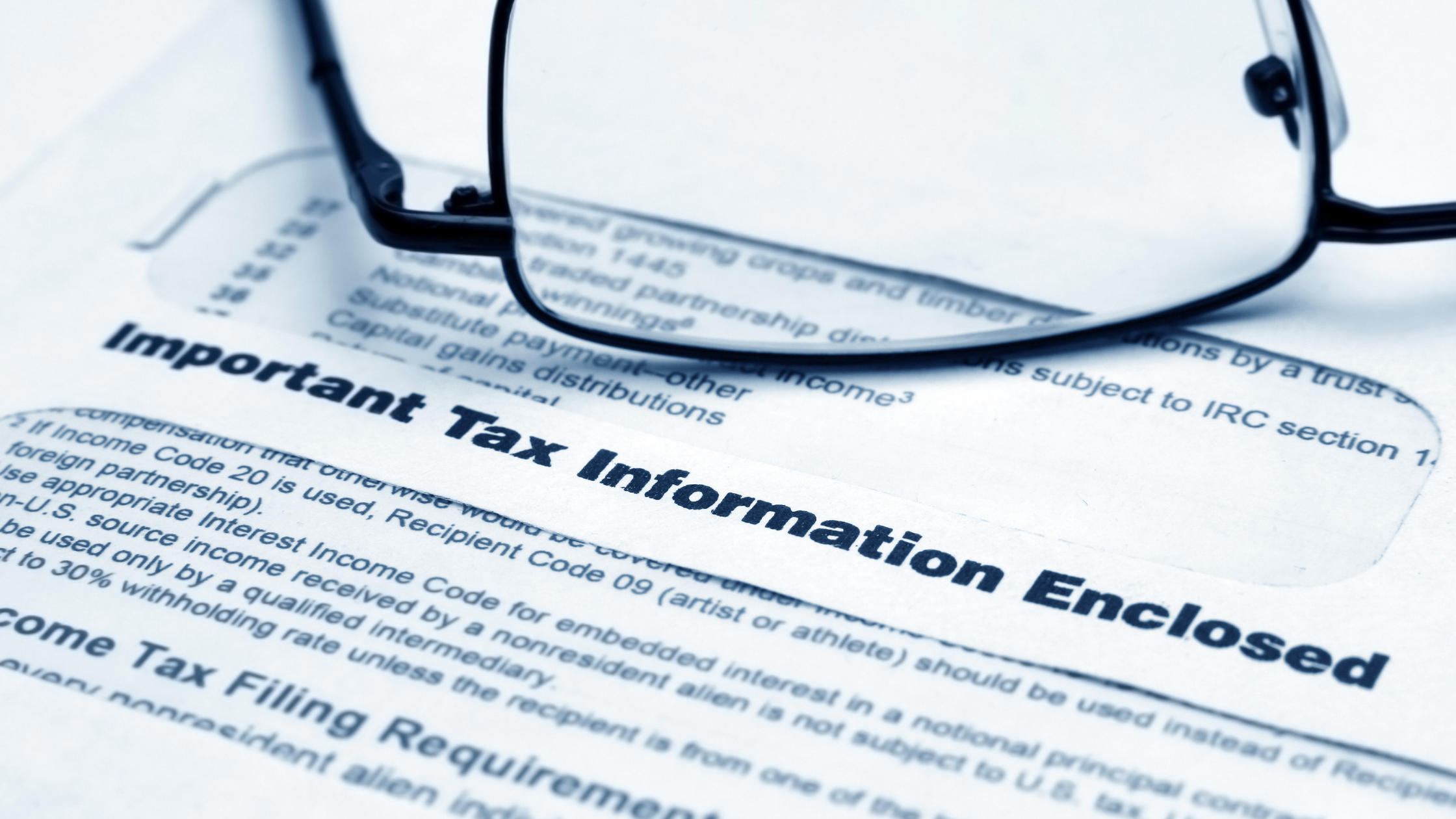Tax Demand Note
A tax demand note is a tax assessment issued by the Inland Revenue Department (“IRD”) to any person who is chargeable to tax under the Inland Revenue Ordinance (“IRO”). Upon receipt of a tax demand note from the IRD, one should carefully review the information contained therein.
Neglection of a tax demand note may lead to serious consequences. Taxpayers should pay particular attention to the following information. Please note that this does not apply to tax enquiries from the IRD in which case it is advisable to seek professional assistance.
Basis of Tax Demand Note Assessment
In general, the IRD raises tax assessments after the taxpayer furnishes their tax returns. However, if a taxpayer fails to furnish a tax return, the IRD may issue an estimated assessment in the absence of a tax return filed if the Assessor is of the opinion that the taxpayer is chargeable with tax under the IRO.
In addition, the Assessor is also empowered to raise an additional assessment within the year of assessment or within 6 years after the expiration thereof if he opined that tax has not been assessed or has been assessed at less than the proper amount.
As such, the basis of tax assessment (whether it is a tax assessment issued per return, an estimated tax assessment or an additional tax assessment) will have different implications to a taxpayer e.g. the requirements for lodging an objection (see below) and/or furnish any outstanding tax return.
Tax Demand Note Payment Details
The tax demand notes contain details such as the total amount of tax payable and the respective amounts payable under the 1st and 2nd instalments, if applicable. In addition to the final tax for the subject year of assessment, the tax payable will also include the provisional tax of the following year of assessment.
Failure to pay the tax will result in an initial surcharge of up to 5% of the amount in default. If the tax and the initial surcharge have not been paid within 6 months, a further surcharge of up to 10% of the total amount in default will be imposed.
Time Limit for Lodging an Objection
Any person who is aggrieved by a tax assessment may lodge a written objection stating precisely the grounds of objection within one month from the date of the tax assessment. Late objection will only be allowed if the Commissioner of Inland Revenue is satisfied that it is owing to absence from Hong Kong, sickness or other reasonable cause. If no valid objection is lodged, the tax assessment will become final and conclusive.
That means even if the tax payable is later found to be excessive, no revised tax assessment will be issued and the excessive tax paid will not be returned. As such, when one receives a tax demand note, it is important to check its correctness and carefully consider whether a tax objection should be lodged.
In addition, in case of an estimated assessment, the objection should be lodged together with the outstanding tax return. Otherwise, the objection lodged will not be considered by the IRD as valid.
Time Limit for Applying Holdover of Provisional Tax
Taxpayers may apply in writing, individually or through a professional tax representative, for holding over some or all of the provisional tax if certain conditions are met including, among others, the assessable income/profits are less than 90% of those for the preceding year of assessment. The deadline for applying holdover of provisional tax is shown in the tax demand note.






